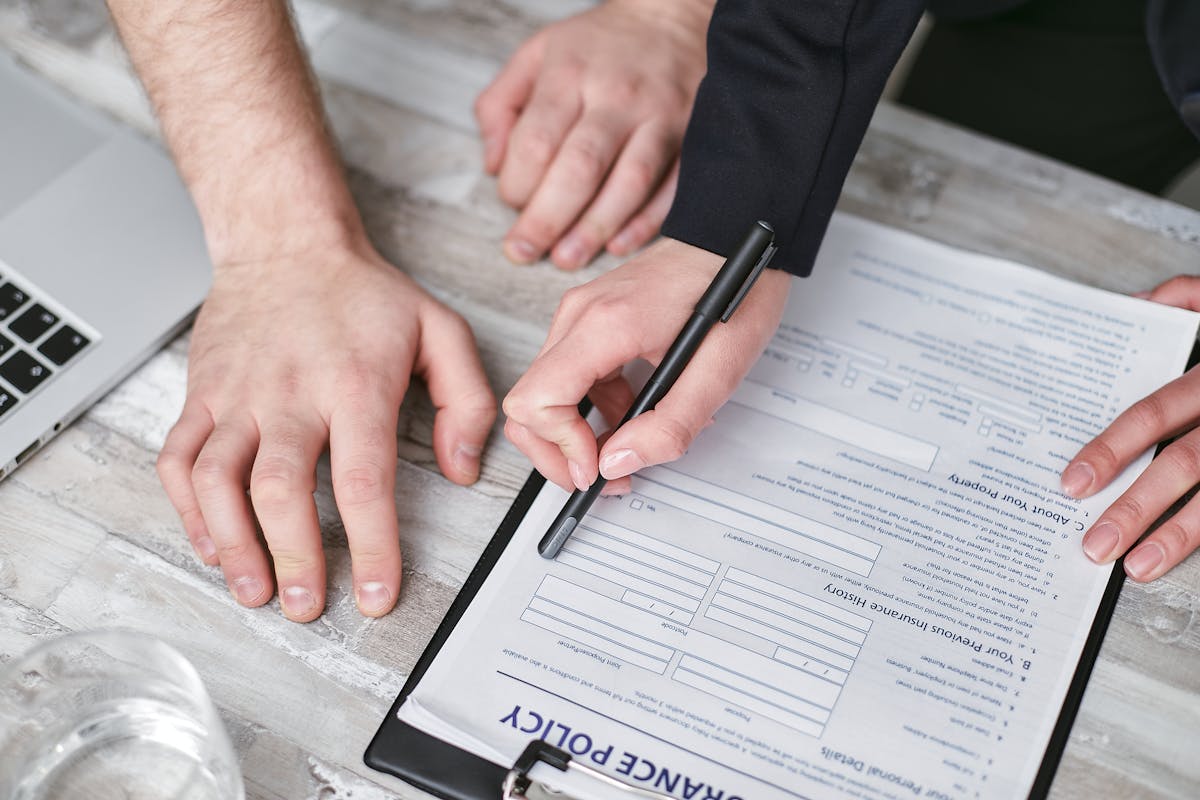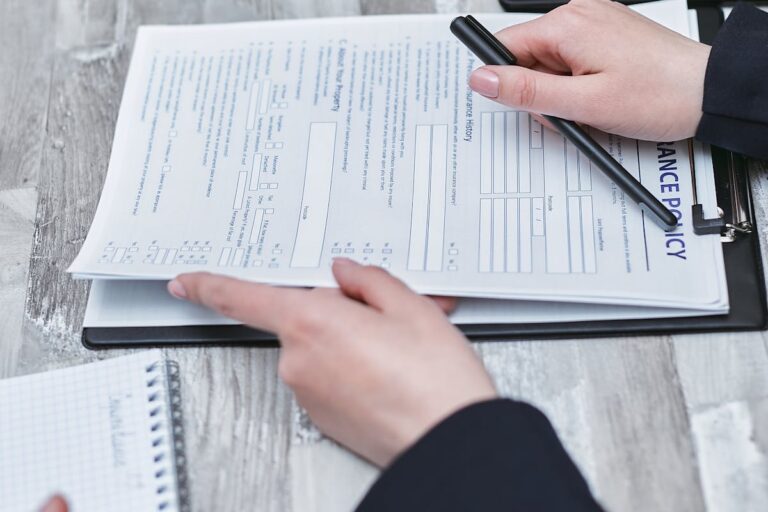Steering through the complexities of a car accident settlement process can be an intimidating task, especially when you’re unaware of what to anticipate. From evidence gathering to negotiating with insurance adjusters, the process is fraught with intricate steps that require careful attention. Additionally, the role of legal representation in ensuring a fair settlement cannot be underestimated. As we break down each step, we aim to provide a clearer perspective on the process and prepare you for potential hurdles. Now, wouldn’t you want to be better equipped to handle such an eventuality?
Understanding the Initial Accident Report
In the immediate aftermath of a car accident, the initial accident report plays a pivotal role. It serves as the primary source of facts, furnishing key details about the incident. Understanding the accident report basics is essential for all parties involved, as this document often lays the groundwork for any legal or insurance-related proceedings.
The accuracy of the accident report is of utmost importance. Accurate reporting guarantees that the details of the accident are correctly documented, minimizing the potential for disputes and misunderstandings. This report typically includes specifics such as the date, time, and location of the accident, involved parties’ information, a diagram of the accident, descriptions of the vehicles involved, and a narrative of events leading up to and following the collision.
Errors or inaccuracies in the report can lead to complications, misunderstandings, or even legal issues down the line. Consequently, all involved parties should review the report thoroughly, making certain that all facts are correctly represented. An accurate and thorough accident report is a cornerstone in the process of resolving disputes and reaching settlements after a vehicle accident.
Reporting to Your Insurance Company
Once the dust of the accident has settled, it’s important to promptly report the incident to your insurance company. This initial step, also known as claim notification, is significant in setting the stage for your potential settlement.
Upon notifying your insurer, expect to provide detailed information about the incident. This includes the location, time, circumstances, and any other parties involved. It’s crucial to be as honest and precise as possible since this will affect your policy coverage.
During the claim notification process, keep in mind the following pointers:
- Make sure that you have your policy number ready. This will expedite the process and help your insurer locate your details quickly.
- Be prepared to provide any supporting documentation, such as photos of the accident scene, police reports, or witness statements.
- Remember to ask about the next steps in the process and the timeline for resolution. This will help you set expectations and prepare for any potential delays.
Evaluating the Accident Damages
After your insurance company has been informed about the accident, the next vital step in the car accident settlement process is evaluating the damages. This process, known as damage assessment, is often conducted by a claims adjuster. This professional conducts a meticulous inspection of the vehicle to ascertain the extent of physical damage. This damage assessment includes everything from minor dents and scratches to major structural damage.
The adjuster will also examine any personal injury claims. If you were injured in the accident, your medical records, doctor’s reports, and any related bills will be significant compensation factors. The severity of your injuries, the cost of medical treatment, and the potential for long-term health impacts all play a key role in determining compensation.
Apart from physical and personal injury damages, compensation factors also encompass non-monetary damages. These could include pain and suffering, mental anguish, and loss of enjoyment of life. Hence, it is vital to document every impact that the accident has had on your life. This thorough evaluation of accident damages is essential in ensuring you receive a fair and appropriate settlement.
Negotiating With Insurance Adjusters
Traversing the complex waters of negotiation with insurance adjusters can be a challenging task. These professionals are highly trained to minimize the payout for claims and are well-versed in adjuster tactics that can leave you feeling at a disadvantage. Understanding these tactics and developing effective settlement strategies can greatly impact the outcome of your negotiations.
- Understand the Adjuster’s Motivation: Insurance adjusters are typically incentivized to settle claims quickly and for as little as possible. They use various tactics such as delaying, denying, or defending to achieve this.
- Develop a Negotiation Strategy: Your settlement strategies should be based on the facts of your case. Develop a bottom-line settlement figure and prepare to justify it with concrete evidence.
- Be Patient: It’s important to remember that negotiations can be lengthy. Don’t be pressured into accepting a lowball offer out of urgency or frustration.

The Role of Personal Injury Lawyers
Maneuvering through negotiations with insurance adjusters is often a challenging task given their expertise in minimizing their payout. This is where the role of personal injury lawyers becomes critical. These legal professionals specialize in personal injury law, providing necessary legal representation for individuals who have suffered harm in an accident.
Personal injury lawyers possess the knowledge and skills to effectively navigate the complexities of insurance claims and settlement processes. They are adept at understanding the intricacies of tort law, which includes civil wrongs and economic or non-economic damages to a person’s property, reputation, or rights. A proficient personal injury lawyer can evaluate the extent of your injuries, calculate the compensation you deserve, and guide you through the legalities involved.
Engaging legal representation guarantees that your rights are protected throughout the settlement process. It levels the playing field against insurance companies, whose primary aim is to protect their bottom line. Furthermore, personal injury lawyers work on a contingency basis, meaning you owe them nothing unless they secure a settlement on your behalf. Their role is, consequently, pivotal to securing a fair settlement in a car accident claim.
Going to Court: What to Expect
While a significant percentage of car accident claims are settled out of court, a few may require a formal trial. This decision is usually made when both parties can’t reach a fair agreement. If your case goes to trial, understanding the court procedures and trial expectations is vital for your preparation.
The court process begins with the filing of a lawsuit, followed by discovery, wherein both parties gather evidence. Subsequently, the trial phase starts, which can last several days or even weeks, depending on the complexity of the case.
It’s important to note:
- Your lawyer will present your case, which includes providing evidence and arguing on your behalf.
- Witnesses, including medical and accident reconstruction experts, may be called upon to testify.
- Finally, the judge or jury will make a decision based on the presented evidence and arguments.
Despite the formalities and potential lengthiness of court procedures, they are designed to guarantee fairness and justice. Knowing what to expect can help alleviate some of the stress and uncertainty associated with this phase of the settlement process. Always remember that your legal team is there to guide you through this journey and fight for your rights.
Receiving Your Settlement Amount
Upon reaching the stage of receiving your car accident settlement amount, two primary factors come into play: determining the settlement value and negotiating the offer. The former encompasses the computation of costs, damages, and impacts of the accident, while the latter involves discussions with the insurer to agree on a fair and satisfactory amount. These aspects are essential in ensuring that the settlement serves its purpose – to compensate for the financial burden imposed by the accident.
Determining Settlement Value
After a car accident, one of the most vital steps is determining the settlement value. This involves a thorough value assessment, which is influenced by multiple settlement factors. These factors primarily revolve around the circumstances of the accident, the extent of your injuries, and the impact on your life and work.
The process can be complex and requires an in-depth understanding of both legal and insurance procedures. The following key settlement factors are essential in determining the settlement value:
- Medical Expenses: This comprises the cost of your immediate treatment after the accident, ongoing medical care, and future medical needs related to the accident.
- Lost Wages: If the accident caused you to miss work or reduced your ability to earn, you might be entitled to compensation for these lost wages.
- Pain and Suffering: This accounts for the physical and emotional distress caused by the accident.
The value assessment ultimately aims to provide a fair compensation that covers your damages, both tangible and intangible. However, each case is unique, and the final settlement value may vary considerably based on the individual circumstances.
Negotiating the Offer
Having established the settlement value in the aftermath of a car accident, the next important step involves negotiating the offer to receive your settlement amount. This phase requires a strategic approach, as it can greatly impact the compensation you receive.
One of the most effective counteroffer strategies is to never accept the first offer. Insurance companies often present low initial offers to save money. Politely refuse this offer and present your counteroffer, supported by evidence such as medical reports and repair bills. This illustrates your preparedness and determination to get fair compensation.
Settlement negotiation tips also emphasize the importance of patience. Negotiations can take time. It’s vital not to rush the process or appear too keen to settle. Maintain a calm, professional demeanor throughout, focusing on the facts.
Additionally, consider involving an attorney experienced in car accident settlements. They can offer valuable advice, handle negotiations on your behalf, and guarantee your rights are protected. Finally, remember that the final decision rests with you. Regardless of the pressures, only agree to a settlement that adequately covers your losses and feels just.
Frequently Asked Questions
How Long Does a Car Accident Settlement Typically Take?
The timeline for a car accident settlement varies, typically ranging from several months to a few years. This depends on factors such as claim approval, complexity of the case, and negotiation between involved parties.
Can I Negotiate My Settlement Amount if It Isnt Satisfactory?
Yes, you can negotiate your settlement amount if it isn’t satisfactory. Understanding settlement negotiation and insurance tactics can be beneficial in maximizing your compensation. Legal advice may be useful in this process.
What Are the Tax Implications of a Car Accident Settlement?
The tax implications of a car accident settlement vary. Generally, personal injury settlements are tax-exempt. However, portions for lost wages or punitive damages may be taxable. Different settlement types can consequently have different tax consequences.
What if I Cannot Afford a Personal Injury Lawyer?
If affordability is a concern, legal aid services or contingency-based payment plans are options to contemplate. Many personal injury lawyers offer flexible payment terms, allowing legal representation without upfront costs. Always discuss payment structures beforehand.
How Does a Previous Accident Affect My Current Settlement?
A previous accident can influence your current settlement due to its impact on insurance evaluations. Insurers often consider previous claims when determining liability and compensation, potentially reducing your settlement amount if a pattern of accidents is identified.

